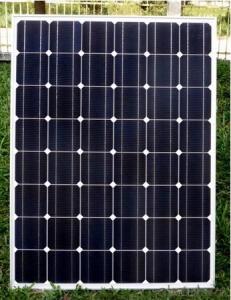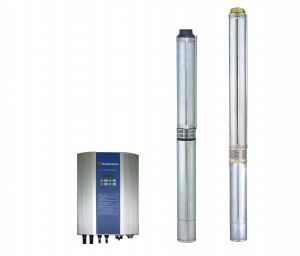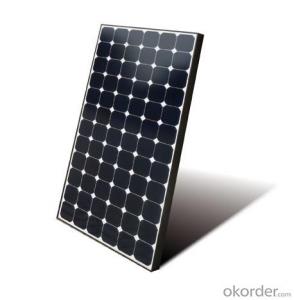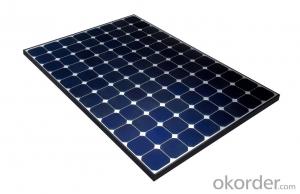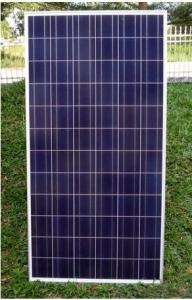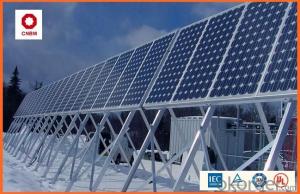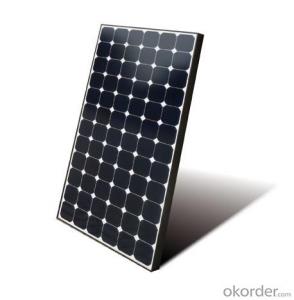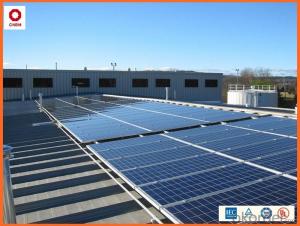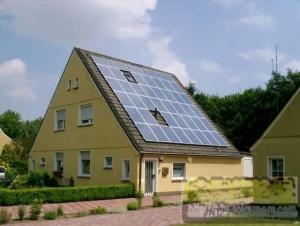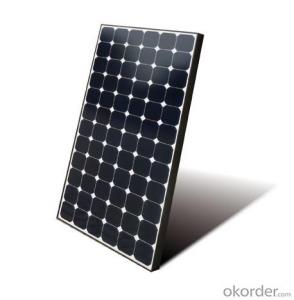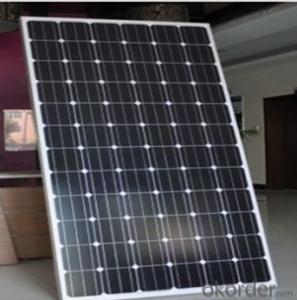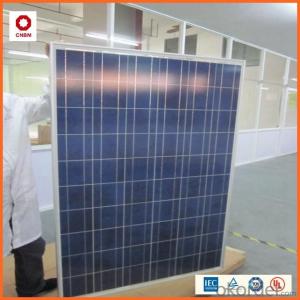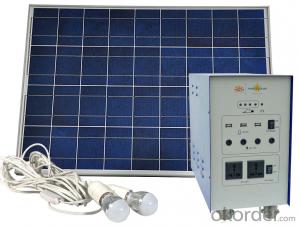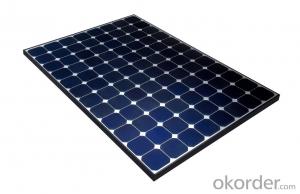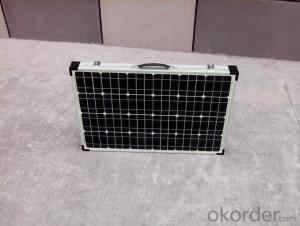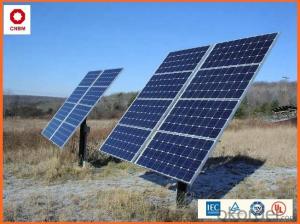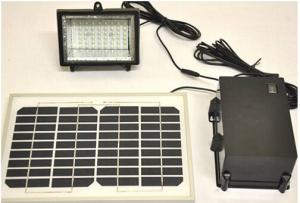All Categories
- - Steel Wire Rod
- - Steel Coils
- - Steel Profiles
- - Steel Pipes
- - Stainless Steel
- - Tinplate
- - Special Steel
- - Steel Sheets
- - Steel Rebars
- - Steel Strips
- - Hot Rolled Steel
- - Cold Rolled Steel
- - Pre-painted Steel
- - Seamless Steel Pipe
- - Welded Steel Pipe
- - Hollow Steel Tubes
- - Galvanized Pipe
- - Stainless Steel Coil
- - Stainless Steel Sheet
- - Stainless Steel Plate
- - Stainless Steel Strips
- - Electrolytic Tinplate Coil
- - Electrolytic Tinplate Sheet
- - Stainless Steel Rebars
- - Solar Panels
- - Solar Water Heater
- - Solar Related Products
- - Solar Inverter
- - Solar Cells
- - Solar Light
- - Solar Energy Systems
- - Solar Controllers
- - Solar Mounting System
- - Solar Pump
- - Solar Chargers
- - Fiberglass Chopped Strand
- - Fiberglass Mesh Cloth
- - Composite Pipes
- - FRP Pultrusion Profiles
- - Fiberglass Mat Tissue
- - Fiberglass Fabrics
- - Fiberglass Mesh
- - Composite Tank
- - Fiberglass Mesh tape
- - Polymer
- - FRP Roofing Panel
- - Fiberglass Roving
- - Monolithic Refractories
- - Ceramic Fiber Products
- - Refractory Bricks
- - Raw Materials For Refractory
- - Suspended Platform
- - Cranes
- - Concrete Machinery
- - Earthmoving Machinery
- - Building Hoist
- - Road Building Machinery
- - Plastic Pipe Fittings
- - Plastic Tubes
- - Plastic Sheets
- - Agricultural Plastic Products
- - Plastic Nets
 All Categories
All Categories
Q & A
Are there any risks associated with installing solar energy systems?
Yes, there are a few risks associated with installing solar energy systems. Some common risks include the initial cost of installation, potential damage to the roof during installation, and the possibility of decreased energy production during cloudy or overcast days. Additionally, there may be maintenance and repair costs over time, and the need to properly dispose of or recycle solar panels once they reach the end of their lifespan. However, when compared to the environmental and financial benefits of solar energy, these risks are often outweighed.
How do solar energy systems impact the energy independence of a country?
Solar energy systems can have a significant positive impact on the energy independence of a country. By harnessing the power of the sun, a country can reduce its reliance on traditional sources of energy, such as fossil fuels or imported electricity. This shift towards renewable energy sources like solar power allows a country to generate its own clean and sustainable energy, decreasing its vulnerability to fluctuations in fuel prices and geopolitical tensions. Additionally, solar energy systems can create local job opportunities and stimulate economic growth within the country, further strengthening its energy independence.
Can solar energy systems be used in areas with high levels of noise pollution?
Yes, solar energy systems can still be used in areas with high levels of noise pollution. Unlike other renewable energy sources such as wind turbines or hydroelectric power plants, solar panels do not generate any noise during their operation. Therefore, noise pollution does not affect the performance or efficiency of solar energy systems.
What is the role of solar energy in disaster resilience?
Solar energy plays a crucial role in disaster resilience by providing a reliable and renewable source of power during and after emergencies. It can be used to generate electricity for critical infrastructure, such as hospitals, emergency response centers, and communication systems, ensuring their uninterrupted operation. Solar panels can also power portable devices and charging stations, enabling individuals to stay connected and access vital information during disasters. Additionally, solar energy reduces reliance on traditional energy grids, which are prone to failure during emergencies, making communities more self-sufficient and better prepared to withstand and recover from disasters.
Wholesale Solar Energy Systems from supplier in Niue
Whether you are looking for solar panels, inverters, batteries, or any other solar energy system components, we have you covered. Our team of experts is available to assist you with sales inquiries, providing accurate quotations, and offering technical support throughout the entire process.
As a subsidiary of CNBM, a Fortune Global 500 company, we have the resources and backing to provide a reliable and trustworthy procurement solution for solar energy systems in Niue. Our commitment to customer satisfaction and quality products sets us apart from the competition.
We understand the unique challenges and requirements of the Niuean market, and our extensive market experience allows us to tailor our solutions to meet your specific needs. Whether you are a residential customer, a business owner, or a government entity, we have the expertise to guide you towards the most suitable solar energy system for your project.
By choosing us as your supplier, you can expect top-notch customer service, competitive pricing, and a seamless procurement process. We will work closely with you to understand your goals and provide the most cost-effective and efficient solar energy system solution.
Go solar with us and join the growing movement towards a sustainable and renewable energy future in Niue. Contact us today to learn more about our products and services or to request a quote.
As a subsidiary of CNBM, a Fortune Global 500 company, we have the resources and backing to provide a reliable and trustworthy procurement solution for solar energy systems in Niue. Our commitment to customer satisfaction and quality products sets us apart from the competition.
We understand the unique challenges and requirements of the Niuean market, and our extensive market experience allows us to tailor our solutions to meet your specific needs. Whether you are a residential customer, a business owner, or a government entity, we have the expertise to guide you towards the most suitable solar energy system for your project.
By choosing us as your supplier, you can expect top-notch customer service, competitive pricing, and a seamless procurement process. We will work closely with you to understand your goals and provide the most cost-effective and efficient solar energy system solution.
Go solar with us and join the growing movement towards a sustainable and renewable energy future in Niue. Contact us today to learn more about our products and services or to request a quote.
